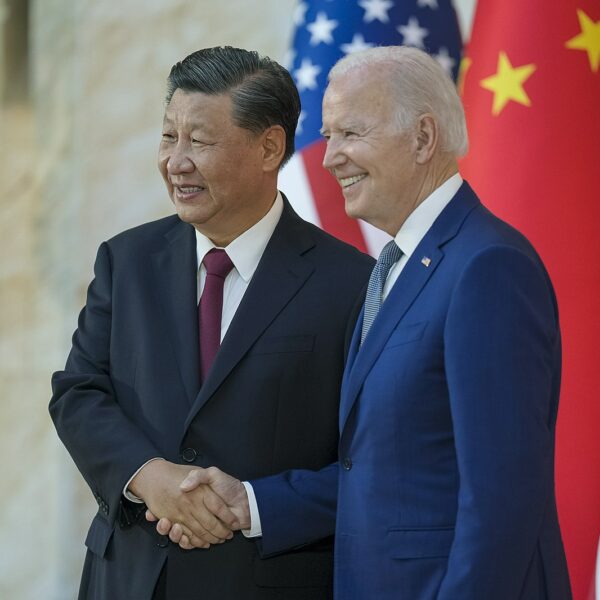
President Donald Trump on Thursday called for the immediate resignation of Intel CEO Lip-Bu Tan, citing alleged conflicts of interest tied to Tan’s investments in Chinese technology firms. The demand, issued in a post on Truth Social, marks a rare presidential intervention in the leadership of a private company and signals a deepening rift between the Trump administration and the U.S. tech industry over China policy.
“The CEO of INTEL is highly CONFLICTED and must resign, immediately. There is no other solution to this problem,” Trump wrote, without elaborating on the nature of the alleged conflict. A White House official later said the president’s call reflected his broader commitment to ensuring that key American industries are led by individuals free from foreign entanglements.
The rebuke follows an August 5 letter from Senator Tom Cotton, of Arkansas, to Intel’s board chair, which raised concerns about Tan’s financial interests in hundreds of Chinese tech firms. The investments, first detailed in an April Reuters report, have drawn scrutiny given Intel’s central role in the U.S. semiconductor sector and its receipt of billions in federal funding under the CHIPS and Science Act.
The senator also took to Twitter to clarify his concerns:
The new CEO of @intel reportedly has deep ties to the Chinese Communists. U.S. companies who receive government grants should be responsible stewards of taxpayer dollars and adhere to strict security regulations. The board of @Intel owes Congress an explanation. pic.twitter.com/3rYhHge6Wa
— Tom Cotton (@SenTomCotton) August 6, 2025
Reuters reported in April that Tan, a Malaysian-born naturalized American executive, had investments in hundreds of tech firms connected to the Chinese communist party. While investments in China have not been unusual for tech industry executives, they are increasingly under scrutiny amid a tense race in AI technologies.
Before taking over Intel, Tan was the CEO of tech design company Cadence Design Systems, a California-based semiconductor design firm, that agreed to plead guilty to criminal charges for illegally exporting sensitive electronic design automation (EDA) technology to China’s National University of Defense Technology (NUDT), a military-affiliated institution blacklisted by the U.S. government in 2015. Between 2015 and 2021, Cadence and its China subsidiary conspired to supply restricted software and intellectual property to NUDT through a front company, Central South CAD Center (CSCC), despite knowing that NUDT was on the U.S. Entity List for its role in nuclear and military supercomputing. Employees concealed the true recipient, used aliases, and continued transactions even after internal compliance concerns were raised.
As part of a coordinated resolution with the Justice Department and the Department of Commerce, Cadence agreed to pay over $140 million in combined criminal and civil penalties. The company admitted to extensive misconduct, including installing hardware on NUDT’s campus and transferring contracts to Phytium, another military-linked Chinese firm, even after recognizing earlier violations. Although Cadence cooperated with investigators to some extent, it failed to fully disclose key communications and obstructed access to certain China-based employees, resulting in only partial credit for cooperation. The plea deal was subject to court approval.
Intel—long a linchpin of American chip production—has struggled to maintain its competitive standing, particularly in the race for artificial intelligence dominance. Although the company received substantial CHIPS Act grants to expand domestic manufacturing, it announced a 15% workforce reduction last month amid a shift toward AI development. The dual-use nature of semiconductors, vital for both commercial and defense applications, has only intensified concerns about foreign influence and industrial security, explained The Washington Post.
Trump’s criticism fits within his broader skepticism of the CHIPS Act, which he has argued fails to ensure true domestic independence. On Wednesday, he unveiled a 100% tariff on imported computer chips, with carveouts for firms that commit to building and expanding operations in the United States. Commerce Secretary Howard Lutnick echoed those concerns in June, telling Congress that some CHIPS Act grants had been “overly generous” and required renegotiation.
Intel shares dropped 3.3% Thursday morning following the president’s remarks. The company did not respond to requests for comment.
[Read More: James Carville Has Lost His Mind]











